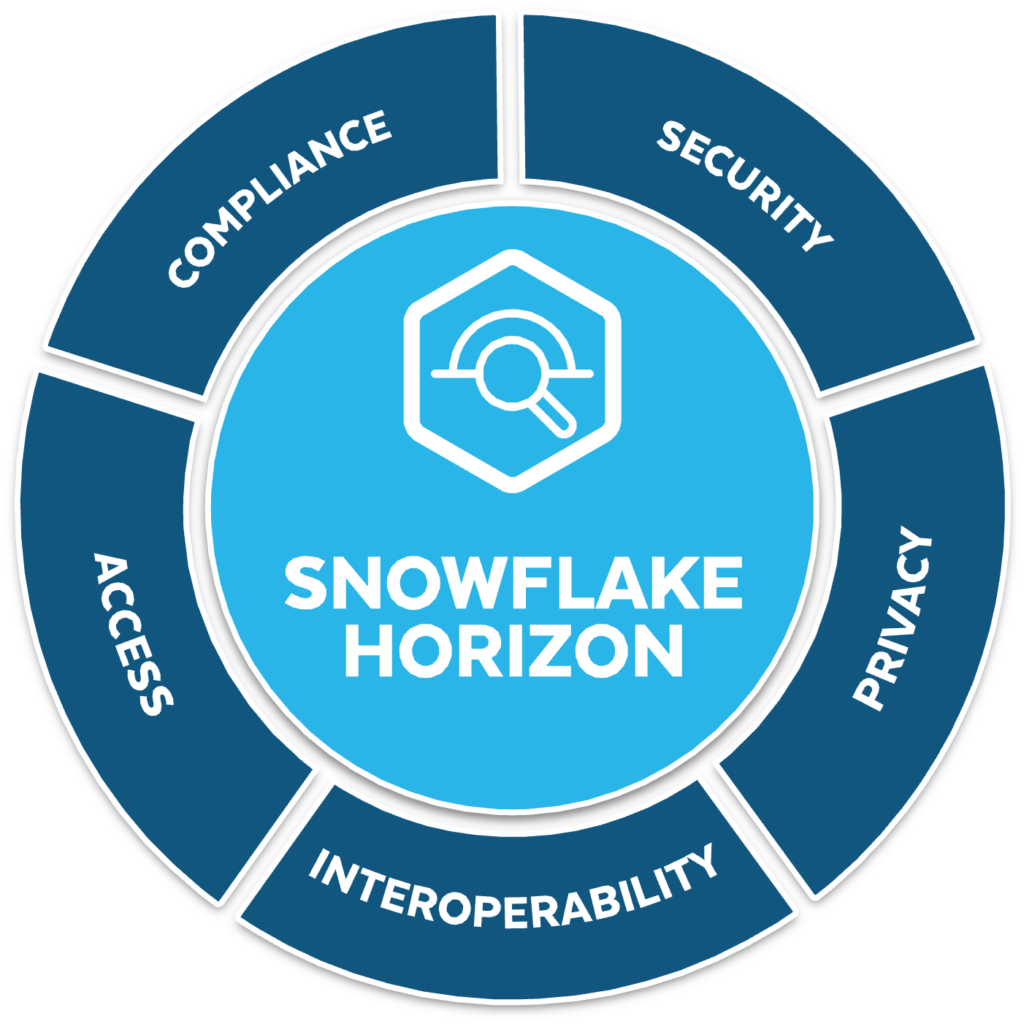Satori vs. Immuta
Compare Immuta and Satori, and discover why data teams choose Satori as their data security platform.
Key differences between Satori and Immuta
Satori protects your data on operational data stores like PostgreSQL, MongoDB, Microsoft SQL Server, MySQL, and MariaDB. | ||
Satori’s datasets automatically pick up new tables and apply policies based on user access rules. Immuta requires considerable maintenance – in many cases, policies need to be managed on each table individually. | ||
Implementing Satori takes days (network-level database proxy) to weeks (native orchestration). Immuta’s deployment process takes weeks with orchestration, or months with database views, which require significant change management. | ||
Satori supports BI tools with both user-specific and shared credentials. Immuta only supports BI tools with user-specific credentials. | ||
Satori continuously scans and analyzes data as it is accessed in real time, including semi-structured data. Immuta’s data classification scans only once per day, and does not support semi-structured data. Satori also supports masking on semi-structured data, unlike Immuta. |

“You need to make secure data the fastest way of getting things done and that’s what we do with Satori.”

Dr. Diederik Van Liere
VP Data Science and Engineering, Wealthsimple
Trusted by the world’s best data teams






Say goodbye to manual data access & security policies.
Masking, Done to Perfection
Satori dynamically anonymizes, redacts and masks data without using SQL views or changing anything on the data store. Satori automatically classifies data and applies masking policies even when the data changes.
- Simple masking rules based on data types not columns
- No need to update masking rules as data changes
Self-Service Data Portal
Your users can gain access to the data they need, fast. Use the Slack integration for requesting and approving access to data.
- Central access hub for data owners and users
- Support temporary access and automatic revocation
- Manage access via the Data Portal app, email or Slack
PII? We Got You Covered!
No need to boil the ocean with expensive scans that slow down your databases and jack up costs. Satori classifies data in-transit and continuously builds a comprehensive data inventory.
- Supports PII, PCI and PHI data types
- Discovers new sensitive data fast
- Supports semi-structured data types
RBAC and ABAC
Manage access to data with flexible policies based on an RBAC or ABAC model, regardless of the features supported on the data layer.
- Supports Okta, AzureAD and other Identity Provider integrations
- Imposes powerful policies that are simple to write
An Audit Log You Can Actually Use
Satori’s audit log allows you to obtain a complete, uniform and searchable data access audit for all data stores with the full user, access and data context.
- No impact on database performance
- Rich query, result set and user information
- Centralized audit logs without burning your cloud budget
Confidently store, use, and share all of your data, including sensitive PII, PHI, and financial data.
We Support Your Data Stack







































